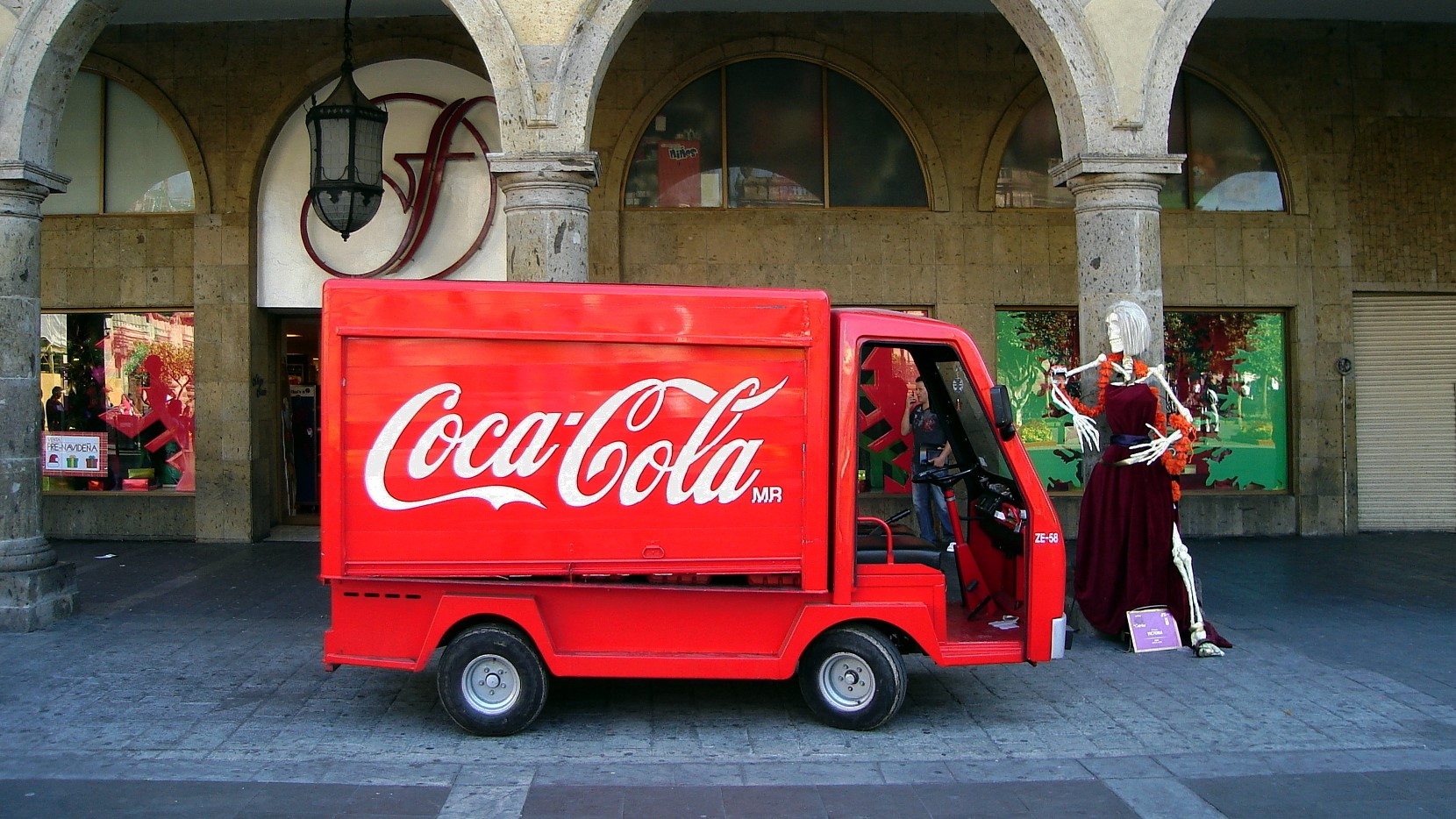Ultra-processed food (UPF) producers are intertwined in a global network of influence groups through which they are able to influence new food and nutrition policies, as shown by a new study conducted by researchers Scott Slater, Mark Lawrence, and their colleagues.
The detrimental effects of rising UPF consumption on health around the world have been well-documented and are generally recognized as one of the major commercial determinants of health. This alone should be enough to guard strategic food and nutrition spaces from the industry’s participation, yet things are turning out to be more complicated than that. By spending millions of dollars each year on memberships in associations like the European Dairy Association and the World Federation of Advertisers, the UPF industry is able to secure a seat at the table despite the clear conflict of interest.
Read more: The Junk Push: ultra-processed food industry gains ground in India
This has been made possible, at least in part, by the advent of the multi-stakeholderism model in global governance. Multi-stakeholderism has meant that while there might still be some low fences standing in the way of direct industry participation in international fora, there are no obstacles for the intervention of public-private partnerships or associations whose members include the industry.
For example, while some at the United Nations might still frown if commercial milk formula producer Reckitt tried to influence the development of stricter guidelines for marketing of infant formula, they could feel less strongly, at least at first, about the presence of the Infant Nutrition Council of America — an association which brings together Reckitt, Abbott Nutrition, and Perrigo Nutrition.
Slater and colleagues analyzed 268 groups to which UPF producers hold links, although this is probably an underestimate. The top 10 producers, including Nestlé, Coca-Cola, Danone, Mondelez, and Pepsi, averaged around 100 memberships each. These are distributed over a number of areas, from manufacturing and retail to advertising, with the majority of the newest groups concentrated in what is referred to as sustainability and social responsibility.
It is no coincidence that the biggest companies are present in most groups. Instead, this should be taken as an indicator that they are, in one way or another, driving the process. But the same companies are far from lonely in the complex web of networks painted by the study: virtually everybody is there, from Pepsi to those responsible for providing primary ingredients, research institutions, marketing agencies, etc.
The diversity goes away once one looks at where the interest groups are based. Three-quarters of the list tackled in the study had headquarters in the Global North. One third of all the groups were based in Brussels and Washington DC, places where they can swiftly reach out to the most influential policymakers.
Read more: Is corporate lobbying influencing US positions at the WHO?
The industry, unsurprisingly, prefers to paint its participation in influence groups as “being part of the solution.” That allows them to cast themselves as legitimate participants in the process of building alternate health systems. Yet, once the discussion takes off, the groups’ proposals are still based on industry-funded research, skewed to paint things much brighter than they actually are, or boil down to minor tweaks which are a drop in the ocean of the measures that need to be implemented to make food systems healthier and stronger.
For instance, the name and description of the Global Plastic Action Partnership can lead one to think that it’s a partnership honestly dedicated to developing solutions for the global issue of plastic waste. But will this alliance — which counts among its members Nestlé and Coca-Cola side by side with the World Bank — address the links between plastic use in food products and biodiversity loss or depletion of resources in the Global South with the same zeal? Probably not.
More often than not, promises that UPF producers and related networks make in the context of sustainability turn out to be minor packaging changes or isolated initiatives, far from what is needed to build food systems which make room for the health of people and the planet. One of the ways to limit, and eventually dispose of the private sector’s undue influence over food systems, according to the authors of the study, is putting an end to the multi-stakeholderism model, ending the chokehold that the UPF industry has on this field.
People’s Health Dispatch is a fortnightly bulletin published by the People’s Health Movement and Peoples Dispatch. For more articles and to subscribe to People’s Health Dispatch, click here.





